FMCT
Return to article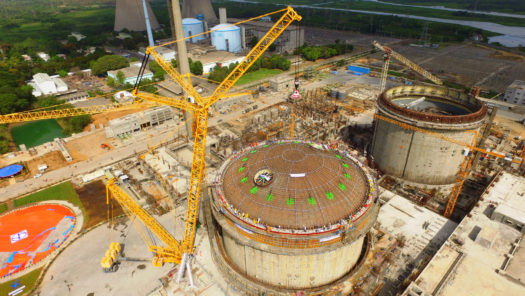
جنوبی ایشیاء کے جوہری مواد کے معما کا حل
جنوبی ایشیاء میں روایتی اور جوہری صلاحیتوں کا ایک بڑھتا ہوا مقابلہ وقوع پزیر ہو رہا ہے۔ پچھلی دو دہائیوں کے دوران ہندوستان اور پاکستان نے دو درجن سے زائد دوہری صلاحیت کے حامل ڈلیوری سسٹم کا اضافہ کیا ہے…
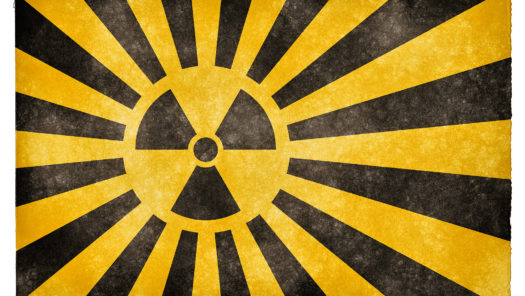
The Case for Nuclear Disarmament in South Asia
In the current global strategic environment, nuclear neighbors India and Pakistan consider nuclear deterrence to be a peace guarantor in South Asia, largely due to the threat of retaliation or mutually assured destruction. To this end, they have augmented their…
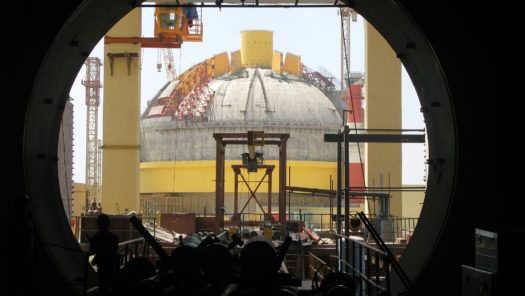
Guidelines for the Management of Plutonium: India’s Case
Since India and Pakistan became nuclear-armed powers in 1998, the contentious and escalatory dynamics between these two rivals have been a point of concern not just for South Asia, but also the rest of the world. Yet while the international…
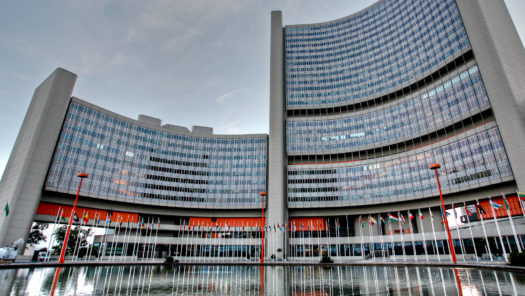
Voluntary Information Sharing on Civilian Plutonium: A Perspective from Pakistan
In its broadest sense, transparency refers to disclosing information that was earlier kept classified. In practice, transparency regarding the management of nuclear materials varies for every nuclear state. States engaged in the use of nuclear materials and technologies tend to…
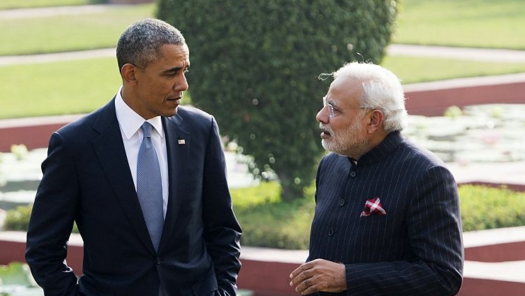
The Peril of Admitting an NPT-Outlier to the NSG
Nuclear proliferation has been a concern since the dawn of the nuclear age. The Nuclear Suppliers Group (NSG) was created in the mid-1970s to address proliferation concerns by controlling the transfer of material and technology usable for nuclear weapons. All current NSG…

Mainstreaming the Global Nuclear Order
Non-proliferation concerns in contemporary international politics have emerged as a tool to achieve foreign policy objectives by leaders of the so-called global nuclear order. The Nuclear Weapon States (NWS) under the Treaty on the Non-Proliferation of Nuclear Weapons (NPT) have…